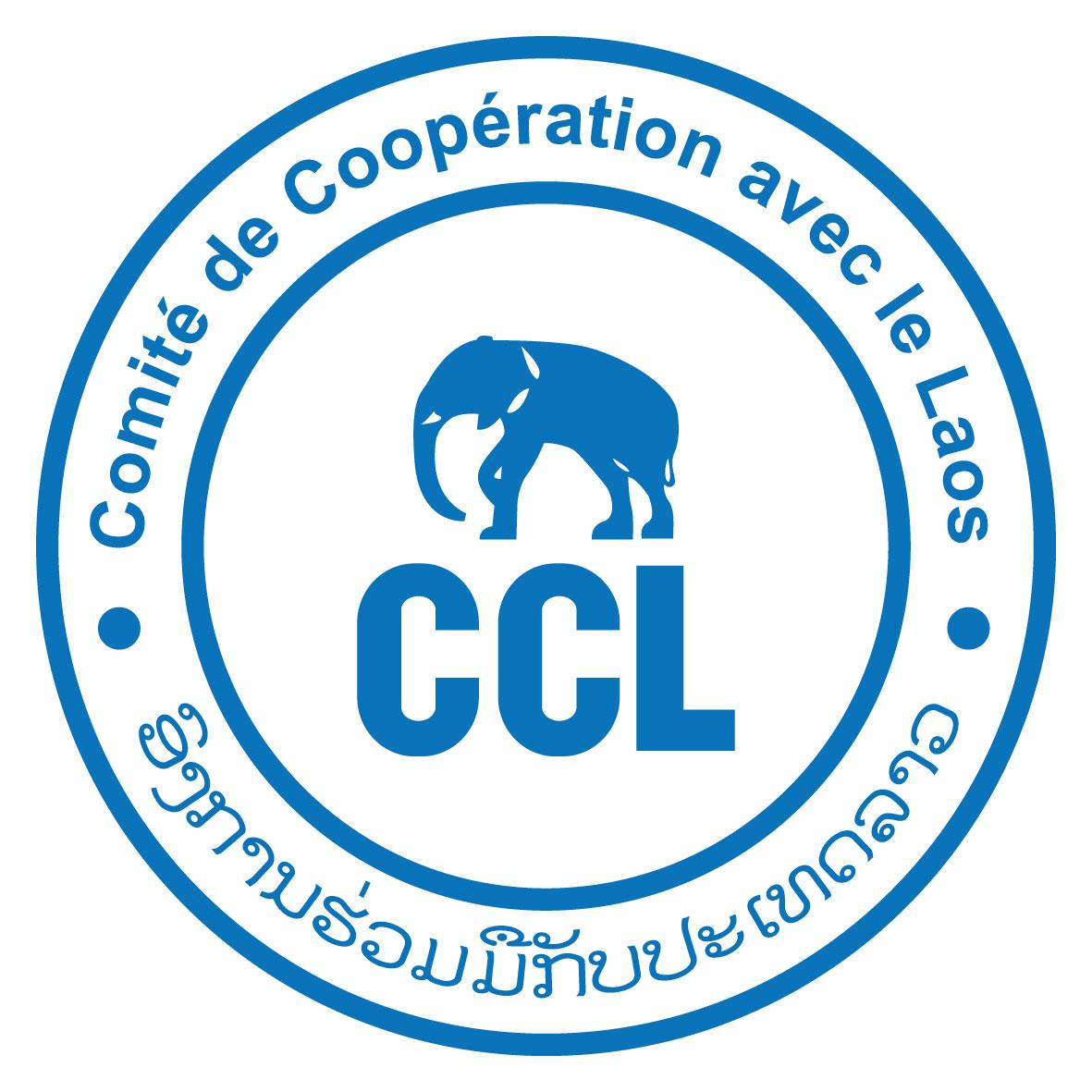Consultant - Watershed management
Comité de Coopération avec le Laos

Details
Description
The CCL (Comité de Coopération avec le Laos) has been involved in implementing rural development programs in Laos for almost 40 years. Currently, CCL works in different Provinces in Laos mainly in Phongsaly and Oudomxay Provinces. The GREEN project will be implemented in Phongsaly Province where CCL has worked since 1994, implementing different projects on rural development, agroecology, value chain, biodiversity and natural resources management.
In 2013 CCL supported the creation of the non-profit association COSKA. Since then, a close partnership has been effective between both organizations.
The current project “GREEN” -(2023-2026) aims at strengthening local communities’ resilience towards climate change impacts. The project follows an integrated and participatory approach and has three interrelated components, each one with a specific objective:
- Rural communities from Phongsaly province are economically more resilient and integrated within strengthened local value chains;
- The natural resources of Phongsaly province are preserved and sustainably managed to favour a sustainable, inclusive, and localized economic development;
- The local stakeholders of Phongsaly province are strengthened, locally acknowledged, and participate in the sustainable and inclusive development of the territory.
- Context
Based on a PCRVA survey conducted in all targeted villages of the project (40 villages), 36 of them face drought issues and 28 talk about water scarcity. At the same time, they also face other hazards such as landslides, or forest fire. The project focused on these villages where these issues are combined to work on watershed management and improvement to water access.
It is the reason why 17 villages were prioritized for an in-depth survey of water access conditions. A diagnosis was carried out in each village, based on questionnaires administered to panels of villagers, as well as a field visit to document existing infrastructures (catchment, reservoir, service points), challenges and potential needs.
Based on this diagnosis, 12 villages have been prioritized to improve water access conditions by building new networks and/or upgrading existing facilities.
In addition to it, 10 other villages where the water scarcity issue is not the priority were selected for the implementation of forest protection at watershed level to minimize the impact on their water source or the biodiversity loss.
All these villages have springs, most of which are tapped above the village (gravity-fed system), and are highly dependent on the state of the forest cover upstream of the watershed.
Although villagers understand that the density of forest cover is a factor that can influence spring flows, particularly in the dry season (February – April), the concepts of the green water cycle, regenerative hydrology and the basic notion of a topographical watershed are generally never broached.
Yet these concepts are important in that they improve understanding of the basic mechanisms in hydrology, the very ones that directly influence water availability for villagers.
We would like to disseminate these notions to the water/forest management created to enhance their action in watershed protection and management and make them understand the basic rules to follow, in order to improve their water source sustainability.
- Objectives & output of the consultancy
2.1 Overall objective of the consultancy
Make the water/forest management committees aware of the interactions between forest, precipitation and spring flow, and present solutions for sustainable management, through awareness raising tools disseminated by GREEN project technicians and local authorities.
The aim is to train local authorities and village committees, in a participatory and dynamic way, the interactions at the level of the green water cycle, different scenarios on the influence of land use changes on the water cycle based on innovative approaches.
2.2 Specific objectives of the consultancy
- Make awareness raising tools for 2 trainings modules: Understanding the water cycle, the watershed and the impact of land use at watershed level; technical water supply infrastructure management and flow balancing.
- Conduct a ToT training at provincial level on these topics for related local authorities
- Ensure demonstrations in the field in 2 targeted villages
For additional information look at the ToR attached.
Candidates should send their application file per email by July 20thth of 2025 to:
- CCL Director, Mrs. Manivone Vorachak, manirachak@gmail.com
- Project advisor: Mr Robert WILLIAMSON, robertwilliamson@ccl-laos.org
- Technical assistant in water management: Erwin POLIGNE, erwinpoligne@ccl-laos.org
The consultant selected will be offered a consultancy contract signed with CCL
